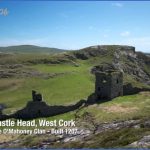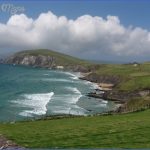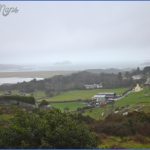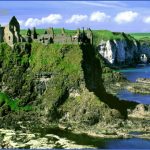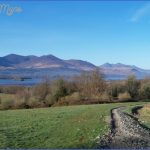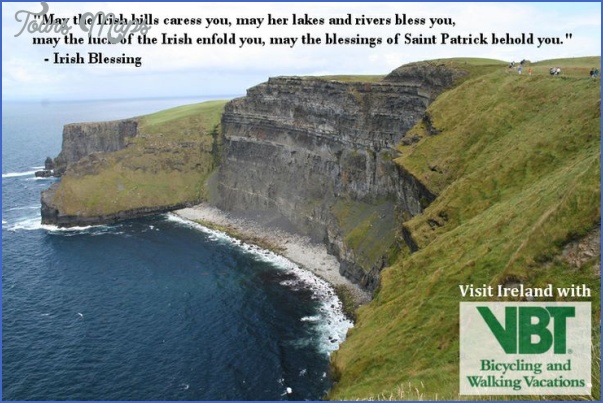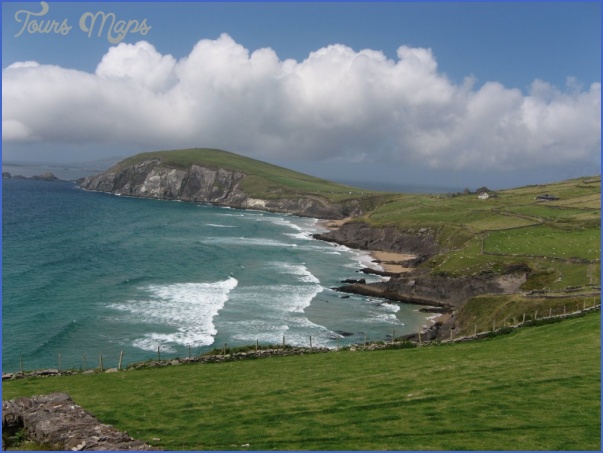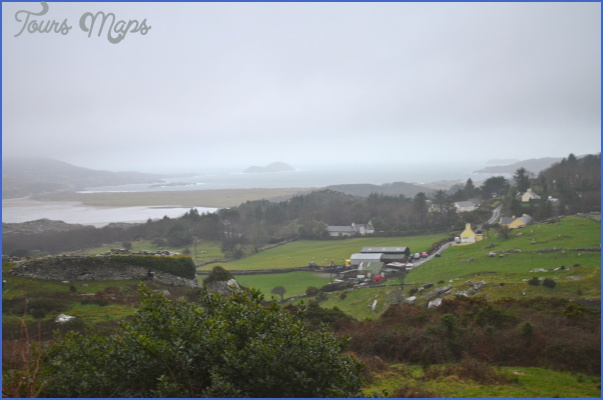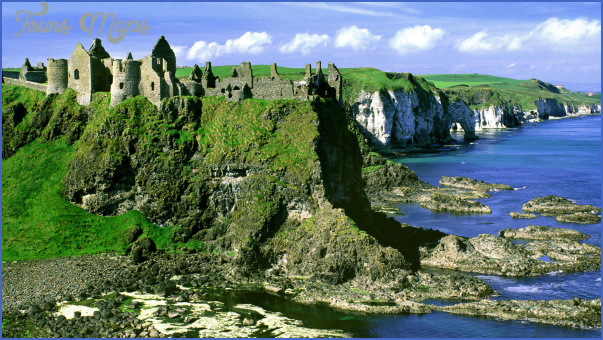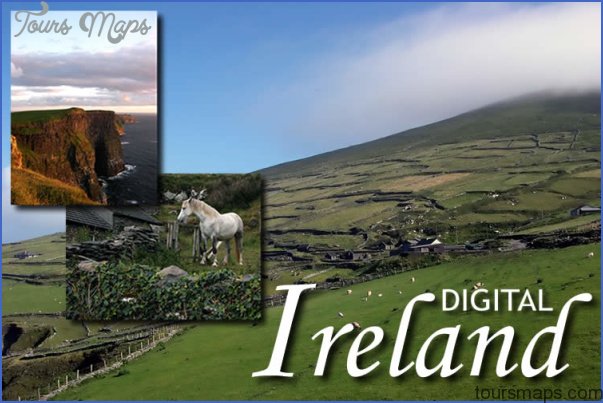Social reform made further gains when the small, leftist Labour Party enjoyed unexpected success in the 1992 elections. The new Taoiseach, or Prime Minister, Albert Reynolds, declared that his priority was to stop violence in Northern Ireland. In August 1994, he announced a cease-fire agreement with Sinn Fein and the IRA. In April of 1998, Taoiseach Bertie Ahem helped to produce the Northern Ireland Peace Agreement. In May of 1998, in the first island-wide election since 1918, 94% of voters in the Republic voted for the enactment of the Agreement.
The euro was formally introduced into the Republic on January 1, 2002. With the money garnered from the EU over the years, increased foreign investment and computer software development, and a flourishing tourism industry, the Irish economy is thriving like never before. According to a 1999 report, the unemployment rate should be reduced to three percent by the year 2005. With each boom comes a bust, however, and some fear the roar of the Celtic Tiger, a nickname for the Irish economy, will soon be reduced to a purr.
THE ARTS LITERATURE
In the 17th century, wit and satire began to characterize emerging Irish literature. Jonathan Swift wrote some of the most sophisticated, misanthropic, and marvelous satire in the English language. Besides his masterpiece Gulliver’s Travels (1726), Swift wrote political essays decrying English cruelty to the native Irish. While Dublin managed to breed talent, gifted young writers like Oscar Wilde often headed for London in order to make their names. Wilde wrote many delightful works; his best-known play is The Importance of Being Earnest (1895). Fellow playwright George Bernard Shaw also moved to London, where he became an active socialist, winning the Nobel Prize for Literature in 1925.
Towards the end of the 19th century, a crop of young Irish writers began to turn to Irish culture for inspiration; this period is known as the Irish Literary Revival. The poems of William Butler Yeats created an Ireland of loss and legend that won him worldwide fame and a 1923 Nobel Prize. Yet many authors still found Ireland too insular to suit their literary aspirations. James Joyce (1882- 1942) is without a doubt Ireland’s most famous expatriate, and yet his writing never escaped the island. His first novel, A Portrait of the Artist as a Young Man (1914), uses the protagonist Stephen Daedalus to describe Joyce’s own youth in Dublin. Daedalus reappears in Ulysses, Joyce’s revolutionary novel of 1922, loosely based on Homer’s Odyssey. Samuel Beckett’s world-famous plays, including Waiting for Godot and Endgame, both written between 1946-1950, convey a deathly pessimism about language, society, and life. Beckett won the Nobel Prize in 1969, but refused acceptance because Joyce had never received it.
The dirt of Dublin continues to provide fodder for generations of writers. Mild-mannered schoolteacher Roddy Doyle wrote the well-known Barrytown trilogy about family life in down-and-out Dublin, as well as the acclaimed The Woman Who Walked Into Doors (1996). Doyle won the Booker Prize in 1994 for Paddy Clarke Ha Ha Ha. Frank McCourt won the Pulitzer Prize in 1996 for a memoir about his poverty-stricken childhood, Angela’s Ashes, and followed up with a sequel, ‘Tis (2000). Not to be outdone, Malachy McCourt, Frank’s brother, recently published his own memoir, A Monk Swimming (1999). Bom in rural County Derry, Seamus Heaney was awarded the Nobel Prize for literature in 1995, and is the most prominent living Irish poet. His subject matter ranges from bogs to bombings to archeological remains.
MUSIC
Traditional Irish music, commonly called trad, is an array of dance rhythms, cyclical melodies, and embellishments passed down through countless generations of musicians. A traditional musician’s training consists largely of listening to and innovating from the work of others. A typical pub session will sample from a variety of styles, including reels, jigs, hornpipes, and slow airs. Many art-ists put a unique spin on the same basic tune each time it’s played.
Best-selling trad recording artists include Altan, De Danann, and the Chieftains. Equally excellent groups include the Bothy Band and Planxty of the 1970s, and, more recently, Nomos, Solas, Dervish, and Deanta. These bands have brought Irish music into international prominence, starting with the early recordings of the Chieftains and their mentor Sean O’RIada, who fostered the resurrection of trad from near-extinction to a national art form. For the best trad, find a fleadh (FLAH), a musical festival at which musicians’ officially scheduled sessions often spill over into nearby pubs. Comhaltas Ceoltdin Elreann (01 280 0295; www.comhaltas.com), the national trad music association, organizes fleadhs.

